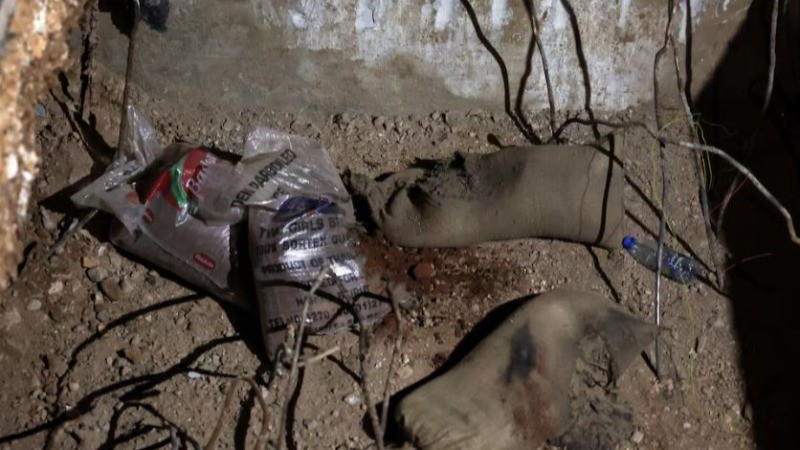
The hack of Hezbollah's pagers and walkie-talkies has sparked a deep investigation into their origins, shedding light on a shadowy market for outdated technology. Unlike newer products, which have well-regulated supply chains, older electronics often come from sources with limited transparency, where counterfeiting and surplus inventories blur the lines of origin, say analysts and consultants.
This recent incident, which resulted in 37 deaths and about 3,000 injuries in Lebanon, highlights the difficulty of tracing the path of booby-trapped devices and determining when and how they were weaponized.
One company involved, Gold Apollo, based in Taiwan, shifted the blame to a European licensee, leading to investigations in countries like Hungary, Bulgaria, Norway, and Romania. Meanwhile, Japan's Icom, whose name appeared on the walkie-talkies, expressed uncertainty about whether the devices were genuine, citing the prevalence of counterfeits in the market.
David Fincher, a technologist and consultant in China, noted that while integrating explosives into these devices would require skill, the actual compromise of the supply chain wasn’t overly complicated. He explained that counterfeit products are common, particularly in large manufacturing hubs like China, where fake components can be easily produced.
Hezbollah reportedly acquired these devices around five months ago, believing they were purchasing pagers from Gold Apollo. The radios, labeled "Made in Japan" and bearing Icom's name, were acquired around the same time, according to a security source. However, both companies have denied that the deadly components were made in their home factories.
Taiwan's Economy Minister, Kuo Jyh-huei, confirmed that the components used in the explosives were not made in Taiwan. Lebanese authorities have preliminarily determined that the explosives were implanted before the devices entered the country, as stated in a letter to the U.N. Security Council.
The lack of clarity about when and how these devices were turned into weapons reflects broader issues in counterfeit goods. Joe Simone, an expert in Chinese intellectual property, pointed out that smaller brands often invest less in policing counterfeits, largely due to the costs involved. He also highlighted that lower-tech counterfeit products are less frequently monitored by authorities compared to higher-tech items.
Icom stopped producing the IC-V82 model, involved in the incident, over a decade ago and has since introduced holographic stickers to help prevent counterfeiting. However, counterfeit versions of Icom products remain widely available on online platforms in China, such as Alibaba.com, Taobao, JD.com, and Pinduoduo, as well as in Vietnam.
Gold Apollo's situation is similarly murky. The company had licensed its brand to a Budapest-based entity, leading to an unclear production trail that authorities are now attempting to unravel across multiple countries. Diganta Das, a researcher at the University of Maryland, explained that the widespread availability of cheap manufacturing equipment has allowed counterfeiters to go beyond single components and produce entire products, likening the process to illegal manufacturing.
Israeli Fighter Jets Destroy 1,000 Hezbollah Rocket Launcher Barrels in Southern Lebanon
Qatar Airways Bans Passengers from carrying Walkie-Talkies in Lebanon Flight
Pentagon Fears Imminent Ground War in Lebanon as Israel Plans Action Against Hezbollah